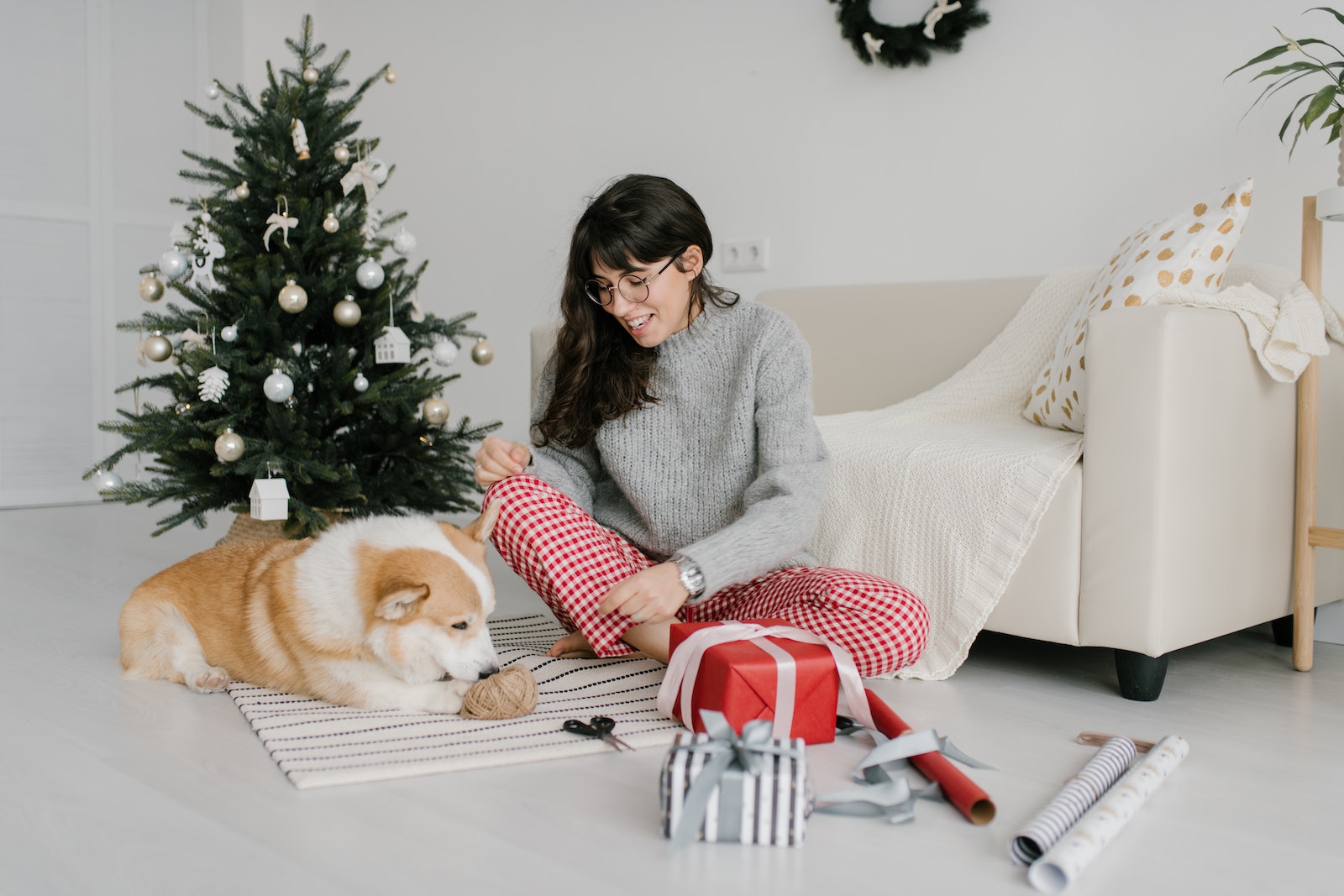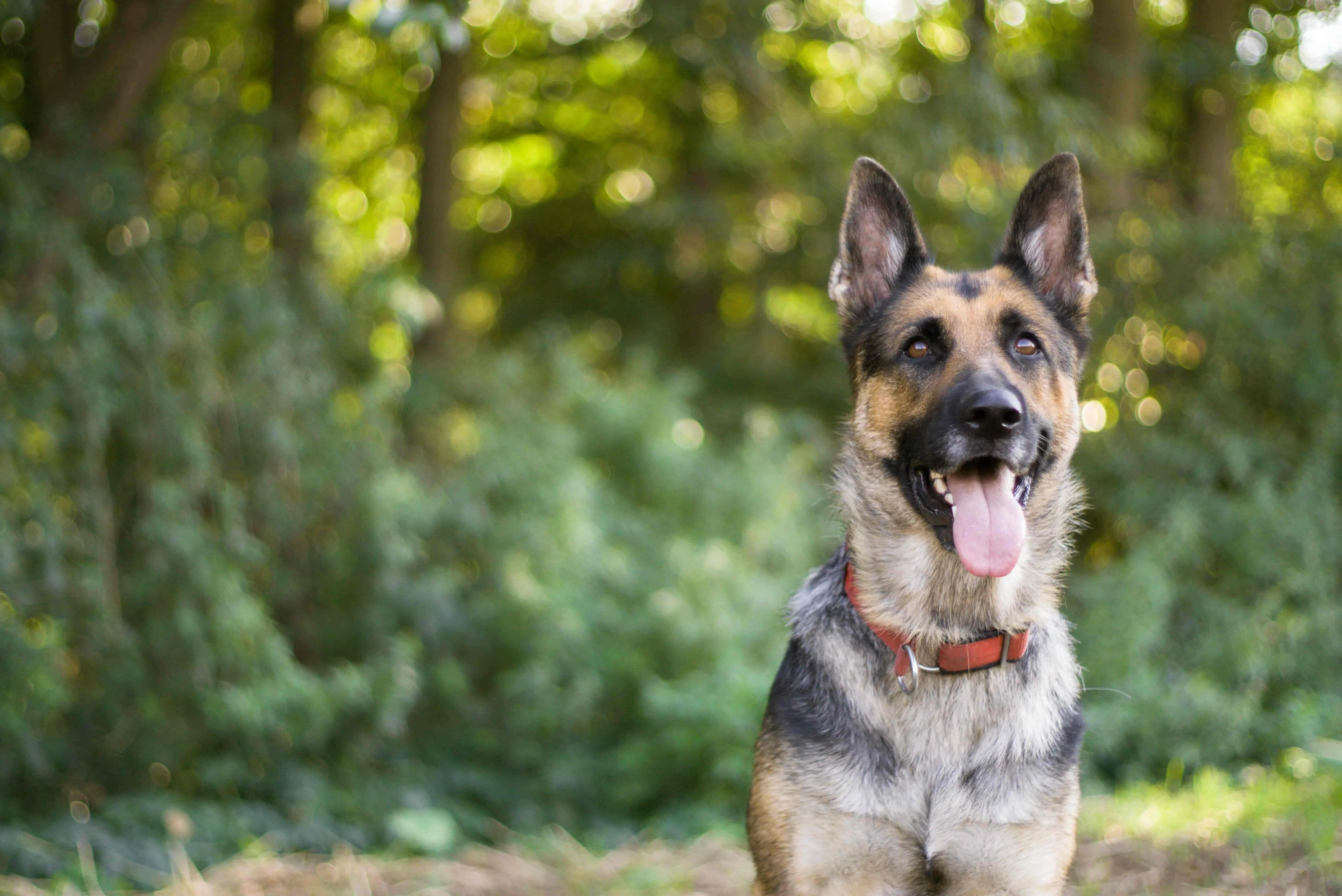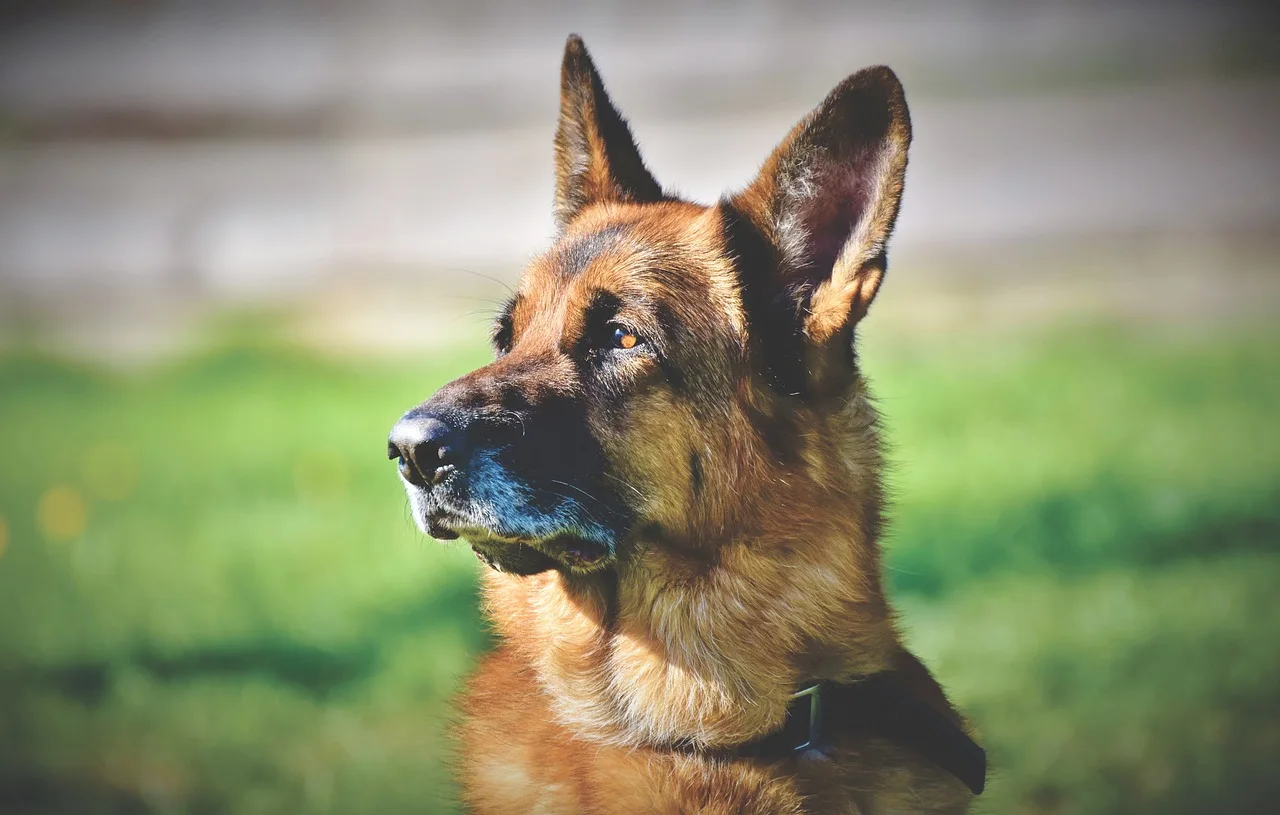
If you've noticed that your dog has a habit of licking or chewing on your couch, you're not alone. Many dog owners have experienced this behavior from their furry friends, and it can be frustrating and even damaging to your furniture. But why do dogs do this, and what can you do to stop it?
First, it's important to understand that couch-licking or chewing is a natural behavior for dogs. Dogs have a strong sense of smell, and they may be drawn to the scents and flavors that linger on your couch. This could be especially true if you eat or drink on the couch, or if you have recently spilled something on it. Dogs may also lick or chew on the couch as a way to clean their teeth, or to satisfy their natural urge to chew.
In addition, there is a substance in a dog's mouth called "canine oral bacteria," which helps to reduce the number of bacteria in their mouth. Licking or chewing on the couch may be a natural and intentional way for dogs to try to maintain good oral health.
However, excessive couch-licking or chewing can potentially cause damage to your furniture. If you're concerned about your dog's behavior, it's best to consult with a veterinarian to determine the underlying cause and to discuss potential solutions. In the meantime, here are a few things you can try to stop your dog from licking or chewing on your couch:
- Redirect your dog's attention. Provide your dog with appropriate chew toys or other objects to lick or chew on. This can help to satisfy their natural urges in a more appropriate way.
- Increase your dog's activity level. Dogs love to explore and play, so providing them with more opportunities to do so can help to keep them happy and engaged, and may also help to reduce their desire to chew on your furniture.
- Use attractive scents to protect your couch. You can try placing a dog-friendly scent on your couch that your dog will be drawn to, so that they'll be more interested in licking or chewing on that instead of your furniture.
Another thing you can try is to cover your couch with a protective cover or throw blanket. This can help to prevent your dog from having direct access to the couch, and may also make it less appealing to them. Additionally, you can try training your dog to associate the couch with a negative experience, such as using a loud noise or a spray deterrent to discourage them from licking or chewing on it.
It's also a good idea to make sure that your dog is getting all of the mental and physical stimulation they need. Dogs are intelligent and active animals, and they need a good balance of mental and physical exercise to stay healthy and happy. Providing your dog with regular opportunities for physical exercise, such as walks, runs, or playtime, can help to burn off excess energy and reduce their desire to chew on inappropriate objects.
Additionally, providing your dog with mental stimulation through puzzle toys, training, or other activities can help to keep their minds engaged and prevent boredom. Bored dogs are more likely to engage in destructive behaviors, such as chewing on your furniture, so making sure they have plenty of things to do can help to prevent this behavior.
It's also important to remember that every dog is unique, and what works for one dog may not work for another. If you're having trouble stopping your dog from licking or chewing on your couch, it's best to consult with a veterinarian or professional trainer who can help you develop a customized plan to address your dog's specific needs and behaviors.
In some cases, excessive couch-licking or chewing may be a sign of an underlying medical condition, such as dental problems, anxiety, or nutritional deficiencies. A veterinarian can help to identify any potential health issues and provide appropriate treatment.
Additionally, if your dog is displaying other destructive behaviors, such as chewing on shoes, tearing up pillows, or scratching at doors, it's important to address these behaviors as well. Training and behavior modification can help to change your dog's behavior and prevent them from engaging in destructive habits.
Overall, couch-licking or chewing is a natural behavior for dogs, but it can be frustrating for owners and potentially damaging to your furniture. By understanding the reasons behind this behavior, providing your dog with appropriate outlets for their natural urges, and addressing any underlying medical or behavioral issues, you can help to prevent your dog from damaging your furniture and keep them happy and healthy.


